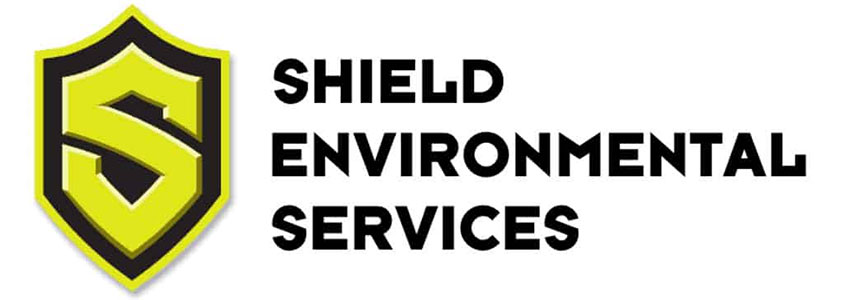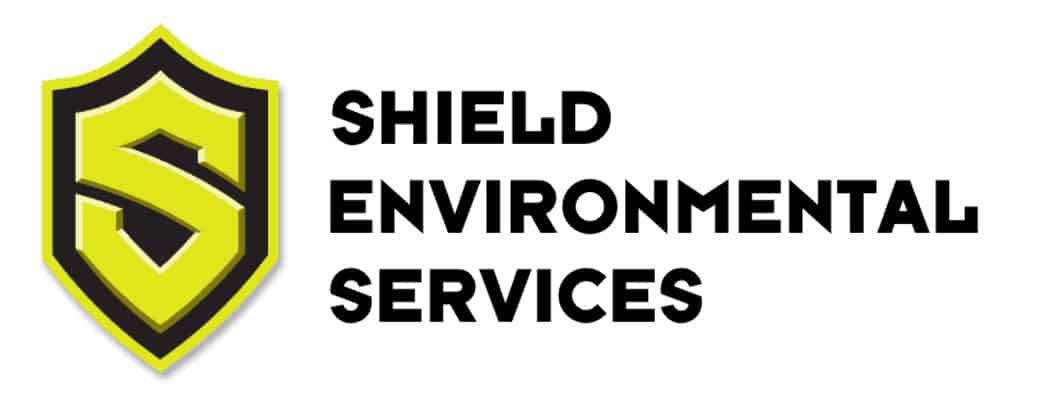Importance of Air Purification in HVAC Systems
Indoor air contaminants can pose serious health risks. If they are left unchecked or removed these contaminants can be circulated by your indoor air heating and cooling system. Your air system is part of your HVAC system (heating, ventilation, and air conditioning). Air pollutants like mold spores, pet dander, dust mites, and volatile organic compounds will spread if your system isn’t cleaned.
HVAC UV light systems have become an efficient way to purify the air, especially after the worldwide COVID-19 pandemic. UV-C light is effective at killing airborne viruses and bacteria. This is why UV lights are being installed in HVAC systems.
UV light manufacturers now offer specific products to introduce UV-C light into HVAC systems. HVAC air filters and filtration systems are also effective at trapping and removing contaminants. But UV light provides an extra layer of protection. It is a germicidal barrier within your home or office’s HVAC system. It protects against harmful air pollutants. As such, it is important to continue investing in new technologies to improve indoor air quality if you use HVAC systems in your home or office.
Post-COVID-19 Measures for UV Light for HVAC Systems and Keeping Indoor Air Quality Safe and Healthy
In the post-COVID-19 world, there has been an increased focus on using ultraviolet (UV) light for HVAC systems. The emphasis on safe, breathable air not only outside but also within our homes and indoor spaces required serious consideration. And UV light has been seen as an effective means of improving air quality and reducing the risk of airborne transmission of COVID-19.
Even with the relaxation of protocols, concerns over the transmission of COVID-19 are still very high. And because COVID-19 is transmitted through the air, HVAC systems are effective tools for stopping it. More so, if your HVAC system has a UV light installation. This can really help reduce the spread of germs and microorganisms in the air of your home or business.
To answer this need, UV light manufacturers have created air purification systems that can be adapted into HVAC systems. They can even create adaptations for older central HVAC systems. By using UV light, these purification systems can kill microorganisms and improve the quality and safety of the air you breathe indoors.
As the world continues to grapple with the COVID-19 pandemic, UV air purification is fast becoming the vanguard in this fight. It continues to play a crucial role in reducing transmission. By applying it to air conditioners and HVAC systems in your home or office, you can help keep your family and staff safe and healthy.
How UV Light Works To Kill Germs, Bacteria, and Viruses and To Help ImproveIndoor Air Quality
Ultraviolet (UV) light is a type of electromagnetic radiation. It is found in the electromagnetic spectrum above visible light. It is used in a variety of applications. This includes application into germicidal UV lights for air sterilization and water purification.
One type of UV light that is commonly used is UV-C light. UV-C light has a wavelength range of 200-280 nanometers. When activated, UV-C light destroys the DNA and RNA of bacteria, viruses, and other microorganisms. This action renders these microorganisms sterile and incapable of reproducing and infecting humans.
Installing a UV system typically costs between $500 and $2,500. That’s only for the systems themselves. UV air purifying systems can differ widely in size and complexity. UV lights for your HVAC can be installed directly inside your HVAC system. The UV system will be integrated specifically into the return air ductwork. This will ensure maximum air filtration and sterilization. Do expect an added cost for the integration of your UV into your existing HVAC system. Of course, how much this will cost will depend entirely on your current HVAC system. Choosing the type and capacity of the UV system that can be adapted to your system is complicated. That’s why you will need to services of an HVAC technician to do a professional assessment.
The good news is, your return on investment can be significant. UV lights are designed to help improve the air quality in your home. They also help reduce the spread of airborne illnesses. And you won’t have trouble finding a system that can fit your needs. UV system manufacturers offer a variety of types of light and filtration systems to fit a range of customer needs and budgets. Installation (or integration) services won’t be difficult to find, as well. Companies like Shield Environmental Services can help you install a UV system.
Benefits of UV Air Purifiers in Residential HVAC Systems
There are many advantages to incorporating a UV system into your HVAC system. Apart from purifying and improving the air quality in your home, it can help with air circulation. UV systems help keep your home or business’s indoor air clean.
By using Ultraviolet (UV) light, harmful bacteria, and pathogens are eliminated from your HVAC’s airflow. In fact, you have so many options available to you. But the choice you make will depend on what your goal is. That’s because there are different types of UV systems. Each is designed for a different purpose and setting. To choose the right system that will best suit your needs, you need to first find out where you are using it. Is it for your home or your business? Then, you need to determine what system will fit in with your heating and cooling system.
UV technicians like Shield Environmental Services offer guidance and advice on this. They can help determine which system would be most suitable for your home or office. Professional installation is a big consideration, too, as most systems will require it. This is especially true if you need to install and integrate with an older HVAC system. Maintenance and upkeep are two other things you need to consider, as well. The UV integration in your HVAC will require periodic replacements. But overall, the benefits of an HVAC UV system will make it a worthwhile investment toward the health and comfort of your home.
Best Practices for Operating and Maintaining Your New HVAC UV Light System
Got a new UV system? It’s essential to follow best practices to ensure optimal performance.
- You can start by choosing a reputable UV manufacturer. For the ultraviolet light system itself and installation, consider companies like Shield Environmental Services. They can help you choose the right system for your needs. They will also know that the most effective placement is to have it installed in the return air ducting. This maximizes its effectiveness in killing bacteria and viruses.
- Consider having a HEPA air filter installed for extra filtration. Air filters and UV systems are best working together.
- Follow a regular maintenance schedule. This is necessary to ensure your UV HVAC system continues to function effectively. HVAC technicians will conduct air duct cleaning, UV checks, and replace air filters. Make sure to have it inspected at least once a year.
Follow these tips to help keep your system running efficiently. They will ensure that your HVAC UV running at an optimal level to provide safe and clean air for your home or office.
The Importance of Installing a UV HVAC Air Purifier System
The importance of prioritizing the quality of air in homes and businesses cannot be overstated. This is because the quality of the air we breathe has a significant impact on our health and well-being. And the best way to ensure that is by installing ultraviolet lights in your HVAC.
That’s where professional HVAC technicians like Shield Environmental Services come in. They work with UV light manufacturers to offer professional installation services. Installing UV in your air handler or air conditioning system can significantly reduce the risk of air pollution. It sterilizes the air and kills air contaminants, including viruses and bacteria. This ensures the health and safety of your family, business staff, and customers. Looking at getting an ultraviolet system for your heating and cooling? Visit Shield Environmental Services today. The benefits of UV lights are enormous and can improve the overall quality of your indoor air.



